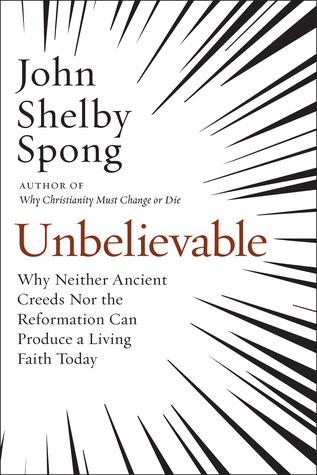More on this book
Community
Kindle Notes & Highlights
Read between
September 9 - December 20, 2018
We can safely conclude that the Ten Commandments were never themselves meant to be an eternal code. They changed in history; they were edited.
The Torah with its opening set of Ten Commandments arose, according to the Bible, from the suggestion of Moses’ father-in-law, a man named Jethro, who was called in the Exodus story “a priest of Midian.”
So Jethro, convinced that Moses could not long continue to be the sole judge of Israel, asked Moses to set up a tiered legal system of judges. For every ten members of the nation, he suggested, one man should be appointed judge to settle disputes that arose from within this group of ten.
St. Augustine is quoted, perhaps apocryphally, as having said that ethical behavior is to be determined by this single assertion: “We are to love God and do whatever we please”—in other words, we cannot go wrong if love of God is at the heart of every decision we make and every action we take. Will that work? Not unless we define very carefully what it means to love God, but perhaps in this statement, we can find a new starting point for ethical conversations. At least we must try.
If God is love, as we constantly assert, then how does one live out this love? If God’s call to us is to live abundantly, then how do we know what abundant life is? If God is the Ground of Being, then what does it mean to enhance the being of another?
God is, rather, a process into which we live. Life, love and being are the operative words. What actions expand life? What actions increase love? What actions enhance being? That is the arena in which good must ultimately be separated from evil.
We have examined the biblical data, which suggest that the Ten Commandments did not have a single source, but came in three versions (Exod. 34, Exod. 20 and Deut. 5) born out of different times and circumstances.
The first commandment, saying that God is one and that we are to have no other gods, returns us to the nature of the divine.
Then we come to the commandment about not taking the name of the Lord in vain. What could that possibly mean today? First, I need to state that this commandment never had anything to do with profanity.
So when a business transaction was agreed to between two negotiators, they would clasp hands and swear in the name of the Lord that they would be true to the bargain to which both had agreed. If later one or the other of them failed to abide by the agreed-upon terms of this deal, they were guilty of having “taken the name of the Lord in vain.” That was this commandment’s original meaning.


